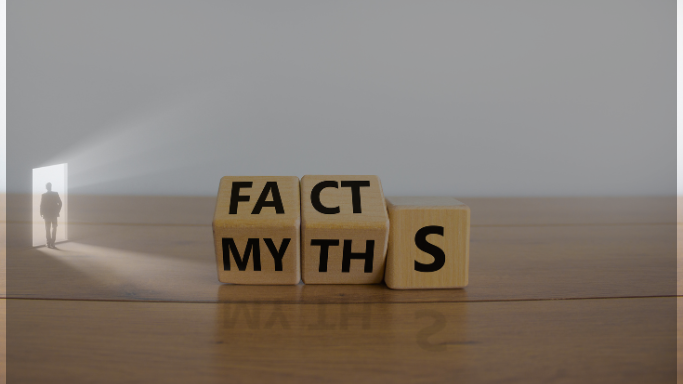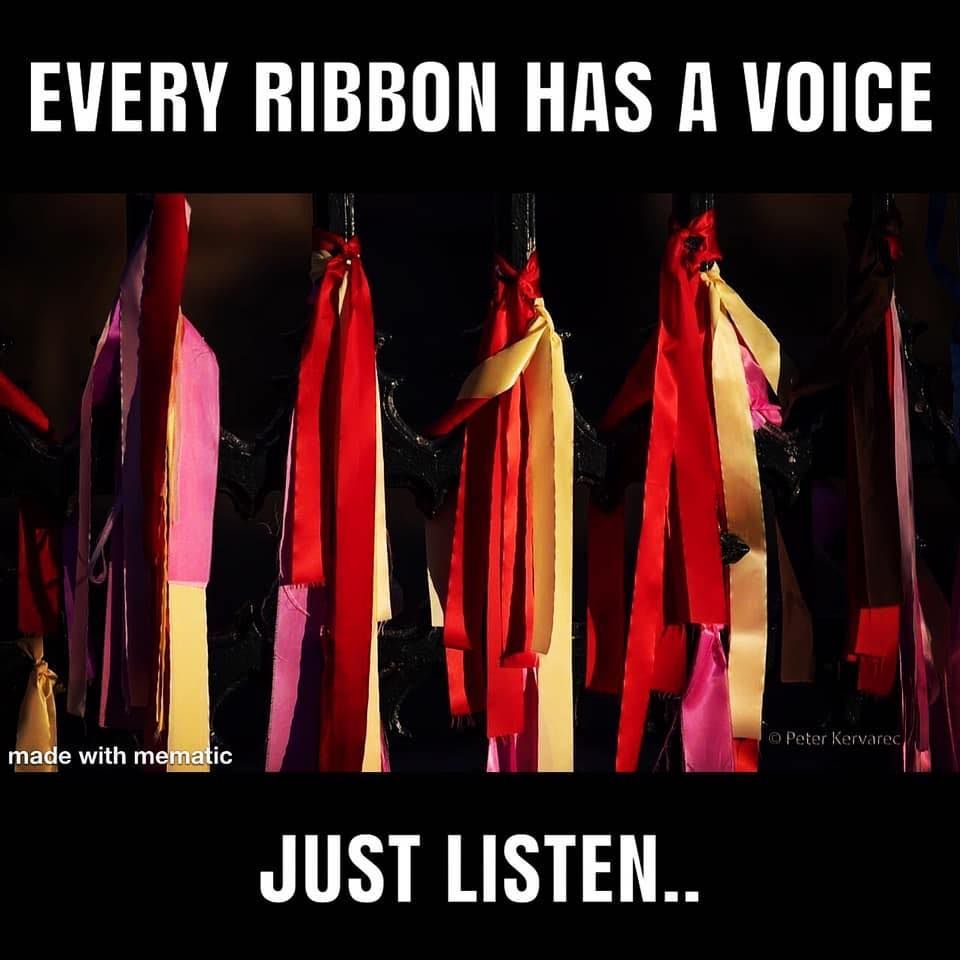Toolbox of things you can do to help yourself
There are many proven tips that can help you through the daily pressures of life and being a survivor of child abuse.
Everyone responds differently to trauma and different methods to deal with those responses work better for some and not others. Some methods might not work today but may work amazing tomorrow. The idea is to have as many tools in your toolbox as possible to get the job done.

Like a standard tool box has the staple screwdrivers, hammer, spanners, chisels. The stable tool box for your mental wellbeing should include;
Add to your toolbox when you find something that works for you.
Mindfulness
One of the most effective tools in your toolbox to deal with life’s stressors from mild to extreme, is Mindfulness. It is especially useful for anxiety disorders including PTSD.
It is about being aware of yourself in the ‘here and now’. Ultimately, it is about your 5 senses – what you can see, touch, hear, smell, and taste. It is so simple and yet the most effective way to manage difficult emotions and situations.
There are many techniques used and the more it is practiced, the easier it is to use in those times of extreme distress and the more effective it can be.
Step 1: Just breathe! There are all kinds of breathing exercises. But lets just keep it simple here. Breath in for a count of 4, hold your breath for a count of 4 then breath out for a count of 4 and hold for 4….. now repeat before you pass out 😊. This is the essence of life, let’s not take this simple but effective step for granted.
Step 2: the 5, 4, 3, 2, 1 method. Notice:
- 5 things you can see. This helps you focus where you are and your surroundings.
- 4 things you can touch. Another great way to ground yourself. It could be your jeans, the watch on your arm, your water bottle. Notice what the texture is like and the temperature.
- 3 sounds you can hear. Try and isolate the sounds from your environment, take notice the quieter sounds if you can.
- 2 things you can smell. Don’t forget that you can add smells to the situation like a perfume or food if you are struggling with what’s on offer,
- 1 thing you can taste. This can be tricky at first, but you might taste the lingering chocolate or coffee, maybe consider having a mint or some gum. And don’t forget to keep breathing especially focusing on the out breath.
Step 3: The Body scan
Slowly conduct a systematic mental scan of your body from the bottom of your feet all the way to the top of your head. Take notice of any tension, pain or sensations. Continue to breathe throughout the scan and if you come across a part of your body that is tense, on your outward breath, try and relax that area of your body that is tense.
Step 4: Gratitude
Think of 3 things you are grateful for (better still, write them down). It could be a person, an event, a situation or anything that you appreciate and are grateful for. Negative thoughts can quickly change to positive when you are grateful. Take nothing for granted. Ordinary life can actually be an extraordinary experience, it is all about your perspective. The simple warmth from the sun or the sounds of nature can bring us great joy if we only stop, acknowledge and appreciate it. So simple yet so effective.
There are many different mindfulness exercises out there but like everything, it needs to be practiced. Another form of mindfulness is Yoga.
Sleep, Sleep Quantity and Sleep Quality
One of the most important tools in ensuring you have positive mental and physical health is to give yourself a non-negotiable opportunity for 8 hours sleep every night.
Not only is the quantity of sleep important, but the quality of sleep is equally important. The science is very clear on the importance of sleep. It helps with every aspect of mental cognition, emotional stability and physical wellbeing.
Some simple tips to give you a better night sleep
18 degrees is the optimal room temperature for sleeping.
- Daylight, the blue light from mobile phones and types of artificial household lights (‘white light’ and ‘daylight’) can stop your body from preparing for sleep and producing melatonin. It tricks your body that it is still daytime. So turn on your blue light filter on your phone, swap out your household lights to ‘warm lights’ and limit as much blue light as possible.
- A standard coffee has a half life of 8 hours. Consider not having any caffeine after midday.
- Alcohol and drugs can play havoc on your sleep quality and can inhibit your ability to have REM sleep which is like the minds filing cabinet of all conscious and subconscious thoughts. Try and go to sleep without any substance in your system.
- Your body has a natural circadian rhythm. Try and go to bed at the same time every night and wake at the same time.
- To keep that circadian rhythm healthy, make sure you get plenty of daylight during the day. It keeps you more alert during the day and improves your sleep quality and helps you get off to sleep too.
- Up to 30 minutes of daytime napping can have great benefits on mind and body, but more than that can impact your sleep at night. So try and limit your nap time.
- Give yourself at least 2 hours to digest your dinner before heading to bed and don’t go to bed hungry either. Find that happy medium.
- Have yourself a hot bath or shower before bed. Not only is this relaxing but it also regulates body temperature ideal for sleeping.
- Exercise has many positive effects on our body including sleep. Just not directly before sleeping. Give yourself 2 – 3 hours between exercise and sleep.
- Limit the amount of fluids you drink 1-2 hours before bed to reduce your need to go to the toilet during the night.
- Relax before bed. Read or listen to music, give your mind time to wind down and switch off.
Sleep medications can have adverse effects on sleep and do not replicate the sleep quality your mind and body needs.
If these tips don’t help, head to a sleep clinic to get some answers.
Regular Exercise
Often the last thing you want to do when you are feeling depressed is to do any exercise. And yet, it is the one thing that will get you out of that hole and chase that black dog away.
There is countless literature about how 30 minutes of exercise a day can assist with most ailments and prevent heart disease, cancers, diabetes and many more, but none more than giving you a healthier state of mind.
Start slow and build up.
Start with a simple stroll down to your nearest street corner. Keep your head up, shoulders back and breathe. The next day, go that little bit further. Be mindful how good it feels just to get out and walk. Don’t forget to keep your head up, shoulders back and breathe. Each day, do the same or a little more to build up to at least 30 minutes. Don’t beat yourself up if you miss a day or a week, simply go the next day. You can do this. The longer you persist with it, the better chance that it will end up being a habit that is really good for you.
If you find that you can’t motivate yourself, ask the help of a friend or get involved in a community walking group or get yourself a fitness instructor.
Journaling
Dear diary, today my mind is foggy and I don’t seem to find anything that gives me pleasure and everyone is annoying me. I think it’s because I drank too much on the weekend, it was good at the time but now I just feel depressed. I know tomorrow I’ll feel better, I just need a good night sleep and I’ll go for a walk tomorrow. Why did I write myself off again? I was really stressed by John and what he did. I am grateful for my best friend; I know he understands me.
Journalling can have an empowering and enlightening influence through your journey of living with childhood trauma. This is not just for teenage girls writing about boys. But for Men too if they want to make real and positive impacts on their lives after dealing with trauma.
Don’t write as if someone else is going to read it, Write for YOU only. There is no right or wrong way to journal. You can write about whatever you are thinking about at the time or a problem you want to solve or understand. You are more insightful than you think.
We can often have intrusive thoughts floating around our mind with no closure. Journalling can put some of those thoughts to bed or understand why we are feeling a certain way.
A handy tip is to always finish by writing 3 things you are grateful for, a positive aspect of your life, an interaction, event or person. It is amazing how it can change you view on life for the positive.
Writing and seeing our thoughts, concerns, emotions in black and white can provide us with a level of self-discovery that cannot be otherwise achieved. Just try it. You will be blown away.
Do you know someone who would be interested in this resource? Feel free to share it.

You might also like these other resources:










